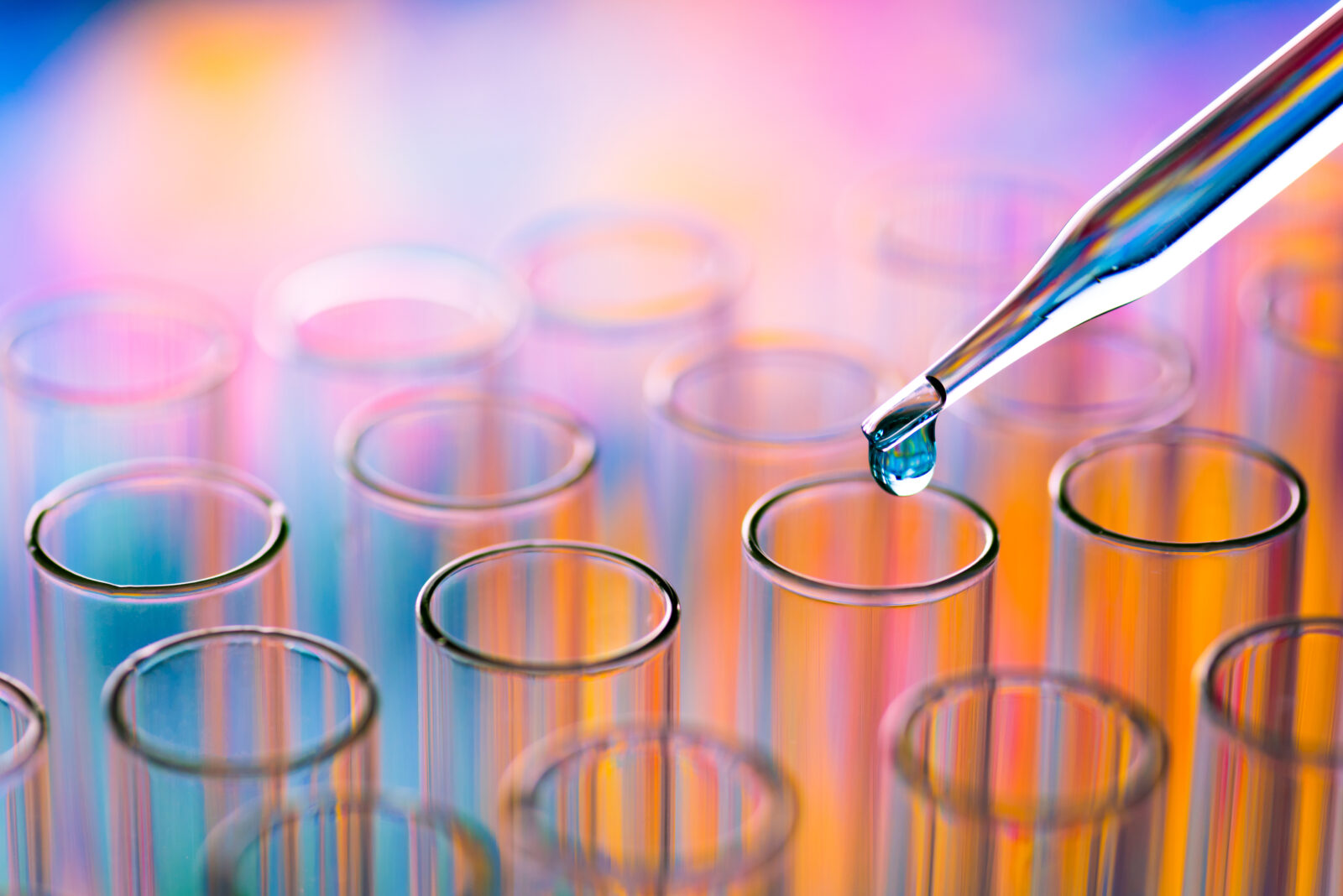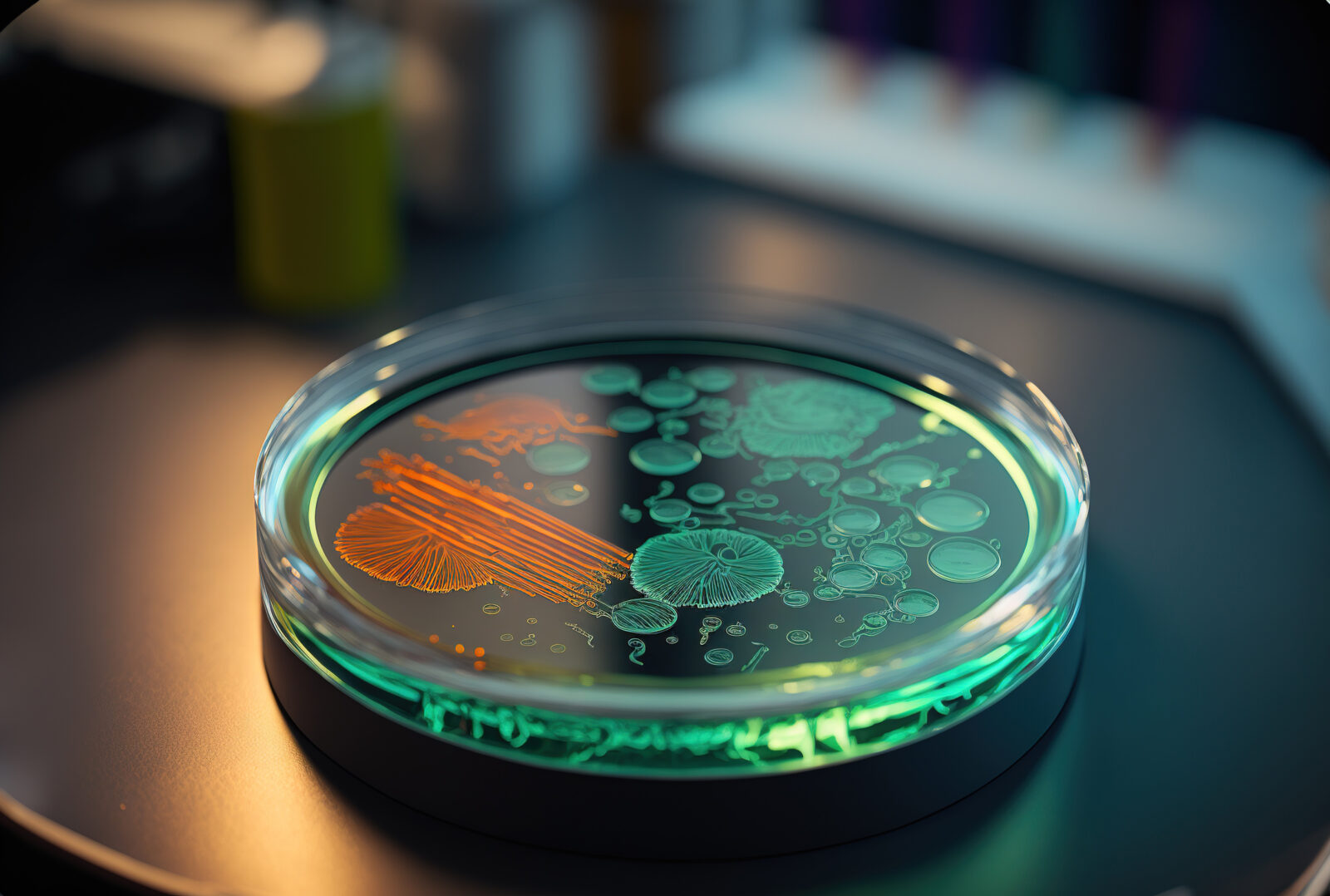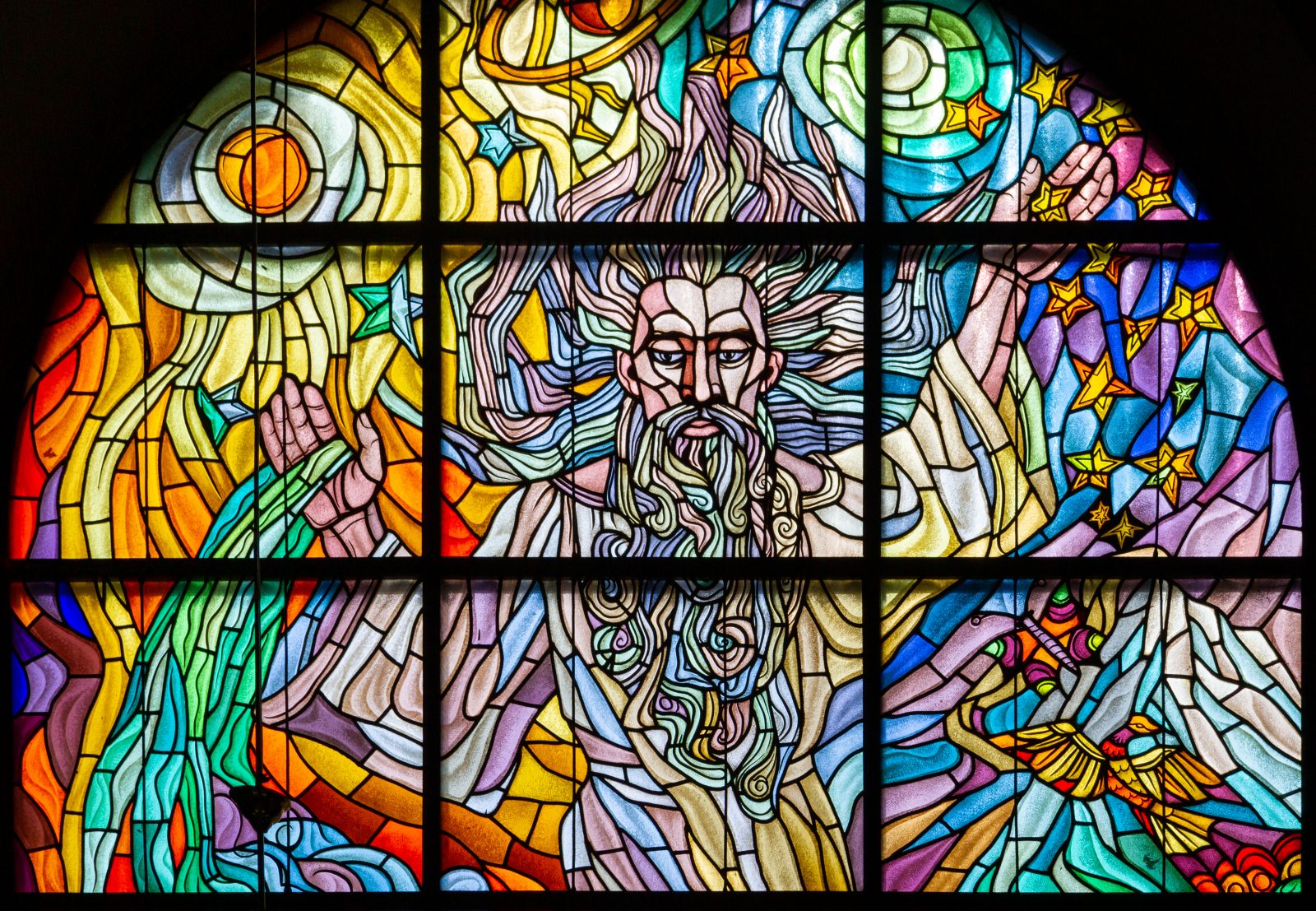


James Tour and Stephen Meyer Bring Clarity to Origin of Life Debate

Michael Medved and Stephen Meyer on the Return of the God Hypothesis
Today’s ID the Future features, by permission, a recent conversation between radio show host Michael Medved and philosopher of science Stephen Meyer as they discuss Meyer’s new book, Return of the God Hypothesis. Listen in as Meyer, director of Discovery Institute’s Center for Science and Culture, provides a swift flyover of 500 years of scientific history, in which he traces the rise, fall, and rise again of a paradigm Meyer refers to as “the God hypothesis.” To learn more about Meyer’s new book and see the growing list of enthusiastic reviews from top scientists, go to ReturnoftheGodHypothesis.com.

Dr. Wolf-Ekkehard Lönnig: The Origin of Carnivorous Plants, Pt. 2
On this episode of ID the Future, Casey Luskin continues his talk with Dr. Wolf-Ekkehard Lönnig, a retired biologist at the Max Planck Institute for Plant Breeding Research in Germany. Tune in as Dr. Lönnig discusses the origin and biology of carnivorous plants, and how evolutionary theory offers no clear explanation for the unique features of these plants.
Read More ›
The Case Against a Darwinian Origin of Protein Folds
On this episode of ID the Future, CSC Research Director Jay Richards interviews protein scientist Doug Axe on his critical review paper published in the new journal, BIO-Complexity.
Read More ›